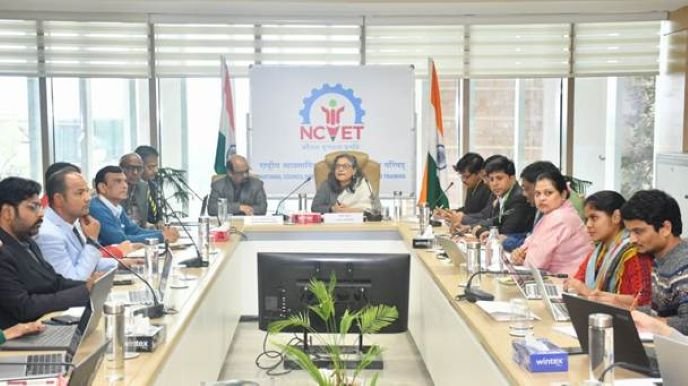A newly described disease occurring in children and linked to COVID-19 has significant changes in white blood cells – a discovery that may allow doctors to better assess their young patients’ condition and predict their resistance to current treatments, a new study reveals.
Paediatric inflammatory multisystem syndrome temporally associated with SARS-CoV-2 infection (PIMS-TS) is a new disease which shares some features with Kawasaki disease, as well as toxic shock syndrome.
Experts examined blood samples from children admitted with the diseases to Birmingham Children’s Hospital during the UK’s coronavirus lockdown – discovering that large changes in the monocytes (a type of white blood cell) in patients with PIMS-TS and Kawasaki’s Disease.
Led by researchers at the University of Birmingham, scientists and healthcare experts from the UK and Ireland have published their findings as a preprint paper on medRxiv.
Co-lead author author Dr Graham Taylor, from the Institute of Immunology and Immunotherapy at the University of Birmingham, commented: “Our study is the first to reveal that Kawasaki’s Disease and PIMS-TS are both characterised by profound changes in the numbers of monocytes and their genetic make-up.
“Our results require confirmation in a larger patient cohort, but the changes we have observed are likely to be highly relevant – potentially allowing us to predict the disease resistance of children with PIMS-TS and Kawasaki’s Disease, as well as identifying alternative therapies for both diseases.”
Researchers recruited nine children with signs of PIMS-TS presenting at Birmingham Women and Children’s Hospital to their study from April to May 2020. Seven met the UK’s Royal College of Paediatrics and Child Health case definition of PIMS-TS and were SARS-CoV-2 antibody positive. Two children fulfilled the criteria for diagnosis of Kawasaki’s Disease and were SARS-CoV-2 antibody negative.
Dr Barney Scholefield, Paediatric Intensive Care consultant from Birmingham Women and Children’s Hospital NHS Foundation Trust, commented: “Sick children admitted to intensive care units globally with PIMS-TS require urgent research to understand this rare but potentially life changing condition. The University of Birmingham team have rapidly performed novel, in-depth analysis to identify potential targets for treatment. The cutting edge approaches used will help future children affected by COVID19.”
Ribonucleic acid (RNA) sequencing allowed experts to identify large changes in the frequency of classical, intermediate and non-classical monocytes occur in both diseases.
SARS-CoV-2, the viral cause of COVID-19 usually causes mild respiratory infection in children and young adults. However, in rare cases, children subsequently develop PIMS-TS – presenting with fever, inflammation and evidence of organ failure resulting in cardiac dysfunction, hypotension and life-threatening shock.
PIMS-TS shares clinical features with Kawasaki’s Disease – an inflammation of blood vessels mostly affecting children under five. Kawasaki’s Disease can cause inflammation of heart muscle if left untreated and is the leading cause of acquired heart disease in children in developed nations.
Given the recent emergence of PIMS-TS, little is known about the immunological processes driving the disease and whether these are similar or different to Kawasaki’s Disease.







